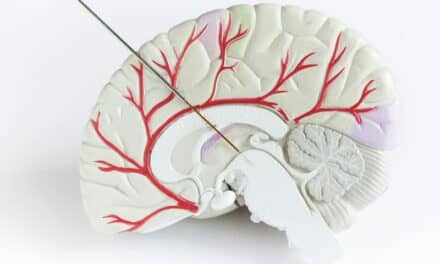Recent research suggests that a brisk, daily 20-minute walk may help reduce the risk of early death. The research, which reportedly encompassed a total of 334,161 European men and women, indicates that twice as many deaths may be attributable to lack of physical activity compared with the number of deaths attributable to obesity. Yet, a modest increase in physical activity could yield significant health benefits.
A University of Cambridge news release reports that to measure the link between physical inactivity and premature death, and its interaction with obesity, researchers analyzed data from 334,161 men and women across Europe participating in the European Prospective Investigation into Cancer and Nutrition (EPIC) Study. During an average of 12 years, the researchers measured height, weight, and waist circumference, and used self-assessment to measure levels of physical activity.
The results suggest that the greatest reduction in risk of premature death occurred in comparison between inactive and moderately inactive groups, judged by combining activity at work with recreational activity. The release notes that 22.7% of participants were categorized as inactive, reporting no recreational activity in combination with a sedentary occupation. The authors estimate that engaging in exercise equivalent to a 20-minute brisk walk each day would take an individual from the inactive to moderately inactive group, thereby reducing their risk of premature death by 16% to 30%. The release adds that the impact was greatest among normal weight individuals, however even those with higher body mass index (BMI) saw a benefit.
Based upon the most recent available data regarding deaths in Europe, the release says the researchers estimate 337,000 of the 9.2 million deaths among European men and women are attributable to obesity, however 676,000 could be attributed to physical inactivity.
“This is a simple message: just a small amount of physical activity each day could have substantial health benefits for people who are physically inactive. Although we found that just 20 minutes would make a difference, we should really be looking to do more than this–physical activity has many proven health benefits and should be an important part of our daily life,” says Ulf Ekelund, PhD, study leader, Medical Research Council (MRC) Epidemiology Unit at the University of Cambridge.
Nick Wareham, PhD, director of the MRC Unit, echoes Ekelund’s sentiment adding that assisting individuals in losing weight, “can be a real challenge, and whilst we should continue to aim at reducing population levels of obesity, public health interventions that encourage people to make small but achievable changes in physical activity can have significant health benefits and may be easier to achieve and maintain.”
Source(s): Science Daily, University of Cambridge





